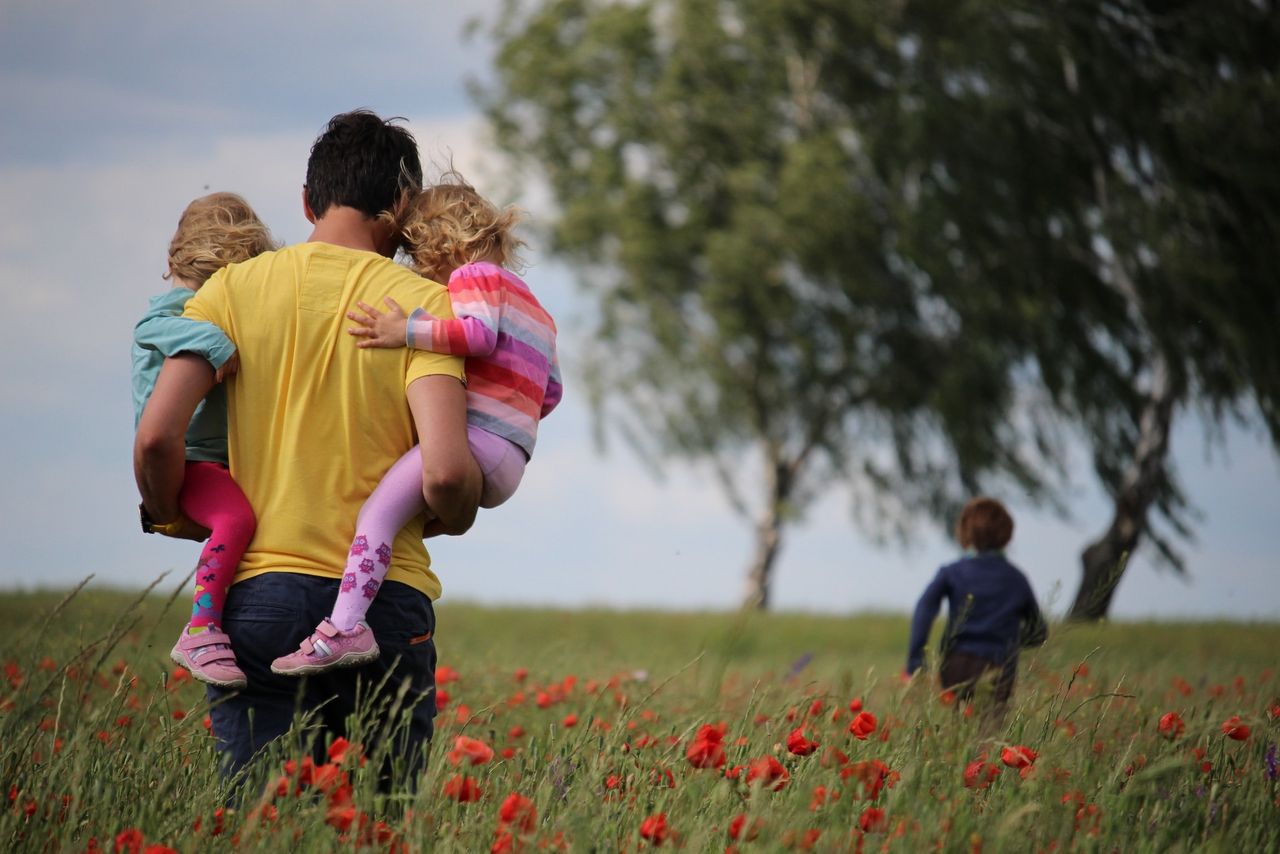Project
Families in rural areas

Families are subject to constant change, which is not only closely linked to processes of social change, but is also of sociopolitical relevance. In this project, the living conditions of families in rural areas are investigated.
Background and Objective
Families are increasingly diverse, whether in terms of the degree of institutionalization (e.g., marriage, registered partnership, non-marital cohabitation); living and care arrangements (e.g., two-parent families, single-parent families, "patchwork families", multi-generational households); the construction as a network of kinship and friendship relationships, or the location as a transnational or multilocal family. Demographic change raises questions about the organization of care work within and outside the family. The increasing propensity of women to work and the willingness of fathers to take on care work go hand in hand with the question of how the reconciliation of family and work can succeed.
These issues are also being discussed in rural regions, especially with regard to the shaping of demographic change. In family research, however, spatial differences have so far rarely been addressed, and rural areas are hardly covered in a differentiated manner. Therefore, the living conditions of families in different rural areas are to be examined more closely in this project.
Families in rural areas are an important target group when it comes to securing the long-term workforce. Families also play an important role in meeting the challenges of an aging society, which is progressing particularly rapidly in some rural areas, since the majority of care services are provided by family members. In their everyday lives, families need and use a wide range of local services of general interest (education and care facilities, medical care, recreational facilities and clubs, public transportation, etc.). Knowing more about the living conditions of families in rural areas is therefore also important with regard to the socio-political goal of creating equal living conditions.
Target Group
Science, BMEL, family policy actors
Approach
Literature research, secondary analysis of quantitative data, combination of qualitative and quantitative research methods
Our Research Questions
- What does it mean for people with different family forms (two-parent or single-parent families, patchwork families, families in the alternating model, etc.) to live in rural regions?
- How do the everyday arrangements of families in different rural regions, in small towns and villages differ with regard to the accessibility and use of facilities of general interest?
- How can the family work-life balance succeed in rural areas?
- How do intergenerational relationships develop in rural areas? What role does the family play in caring for the elderly?
- What encourages (young) families to stay? What are the reasons for them wanting to move away? What role do intergenerational and other social relationships play in the choice of place of residence?
Thünen-Contact

Duration
10.2021 - 12.2026
More Information
Project status:
ongoing

![[Translate to English:] [Translate to English:]](/media/_processed_/2/0/csm_LV_Bei_Hornburg_Quelle_Johanna_Fick_neu_da89674833.jpg)
![[Translate to English:] [Translate to English:]](/media/_processed_/2/0/csm_LV_Bei_Hornburg_Quelle_Johanna_Fick_neu_3aae309567.jpg)
![[Translate to English:] Logo des Bundesministerium für Ernährung und Landwirtschaft](/media/allgemein/logos/BMEL_Logo.svg)